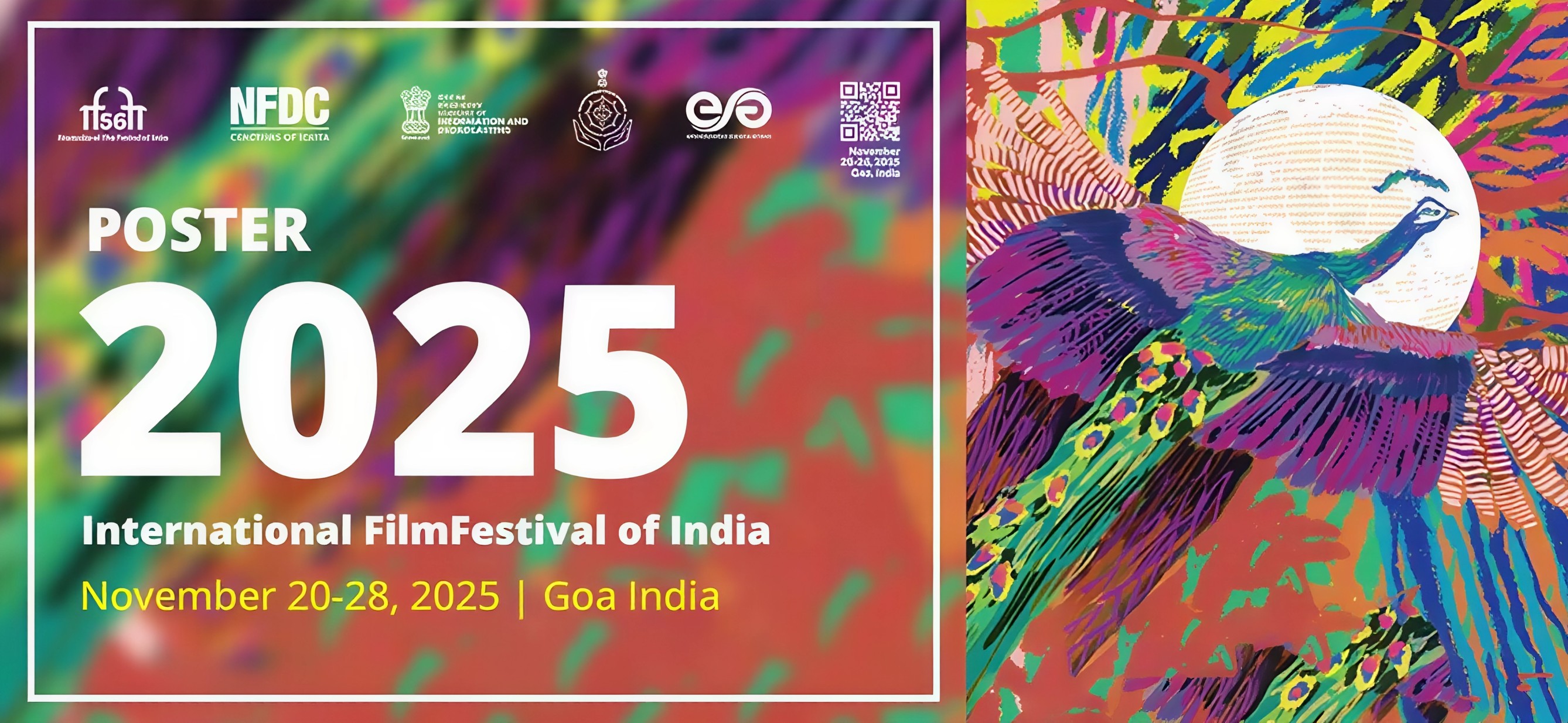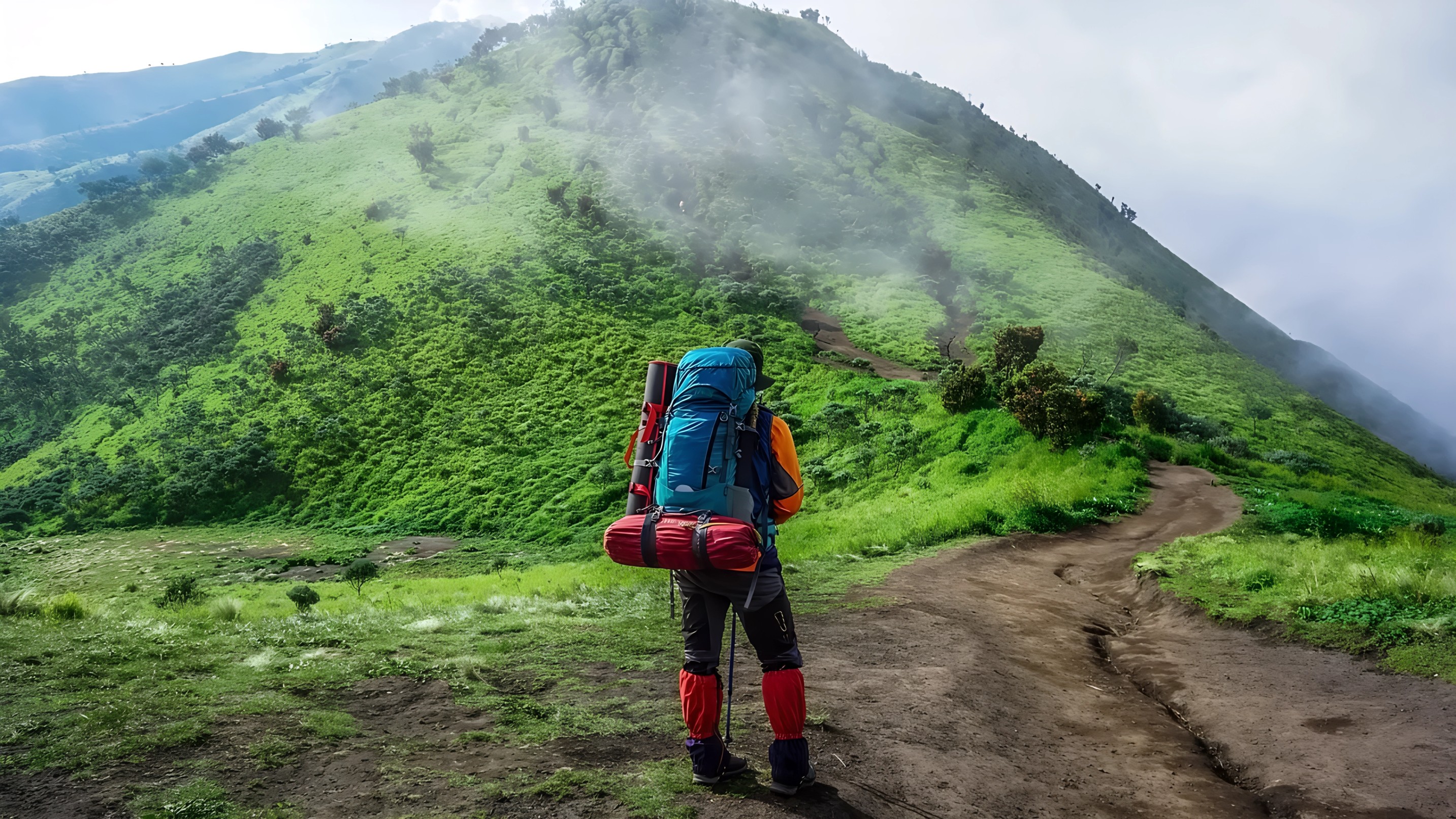1. The Broken Taxi Meter Trick
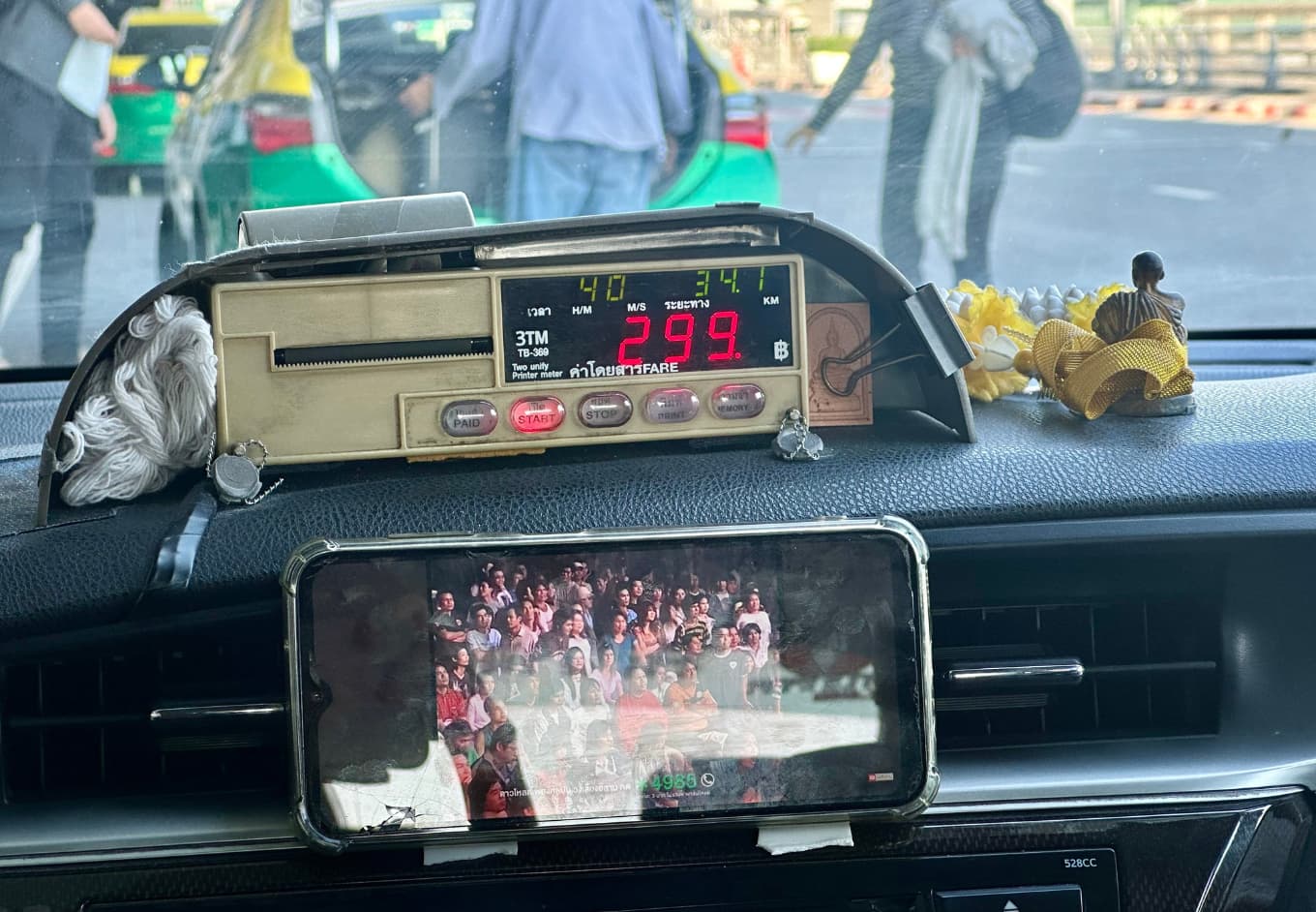
You land in a new city, get into a cab, and the driver tells you the meter is broken. Instead, he quotes a flat fare that turns out to be double or triple the normal rate. Others might take you on an unnecessarily long route. Always insist on the meter or use ride-hailing apps. At airports or major stations, stick to prepaid taxi booths to avoid surprises.
2. Fake Friendly Tour Guides

Someone approaches you near a monument, claiming to be a certified guide or just a helpful local. Soon, they take you to shops where you're pressured to buy things or charged hidden fees. Always book guides through your hotel or a trusted travel platform, not off the street.
3. The Distraction Theft

A bump on the shoulder, someone dropping coins, or a street performance that grabs your attention. These are classic distraction techniques used by pickpockets. Stay alert in crowded places, and keep your valuables in zipped bags or money belts that are hard to reach.
4. Free Gift That Isn’t Free

In popular tourist spots, someone might tie a bracelet around your wrist or offer a trinket, insisting it’s a gift. Moments later, they demand payment or cause a scene. If someone tries to give you something out of nowhere, politely decline and keep walking.
5. The Gem or Souvenir Trap
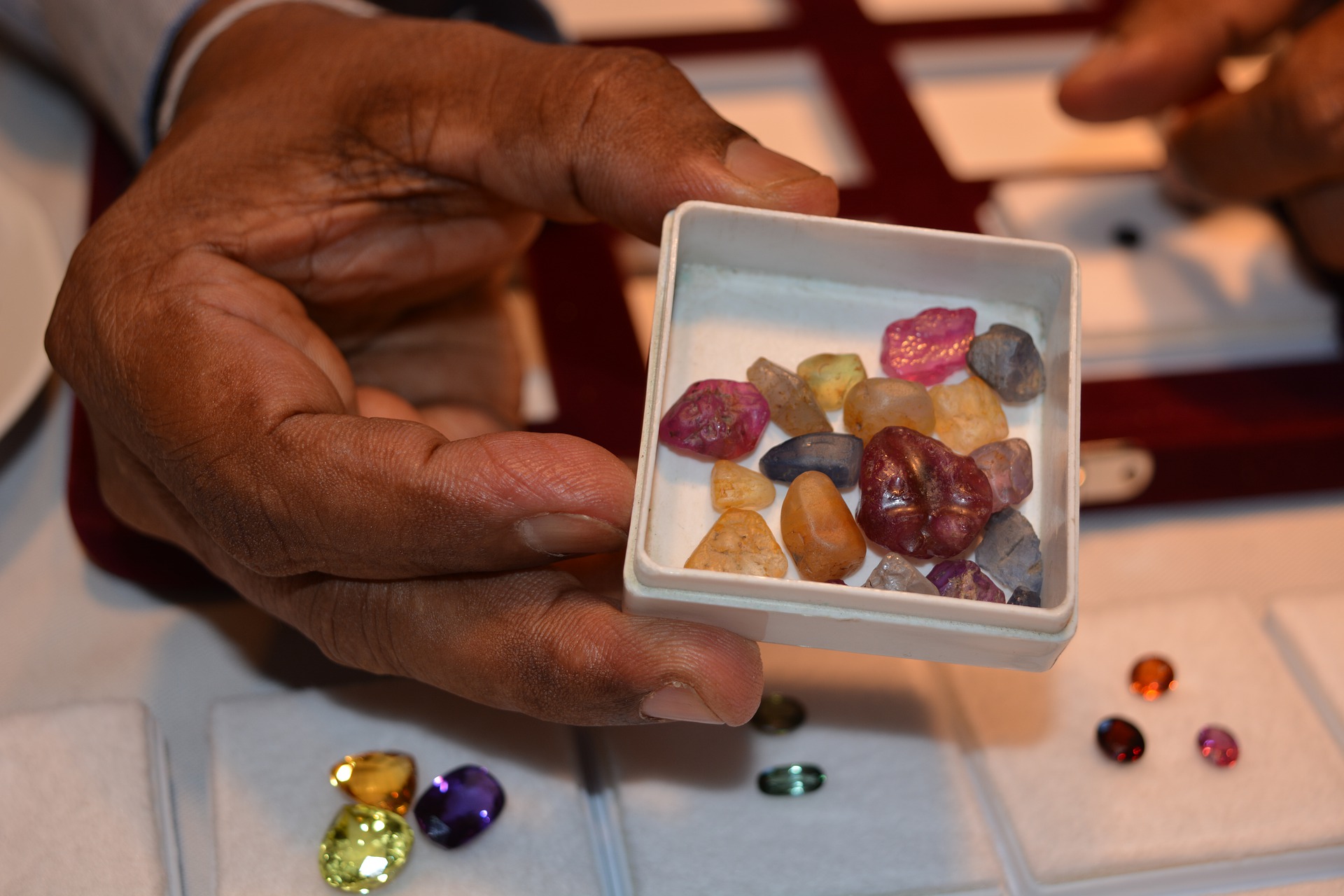
You are convinced to buy what seems like a rare gemstone or handcrafted item, only to later find out it is fake or highly overpriced. Do your research beforehand, shop only from reputable stores, and avoid buying under pressure or emotional sales tactics.
6. The Fake Police Officer Scam
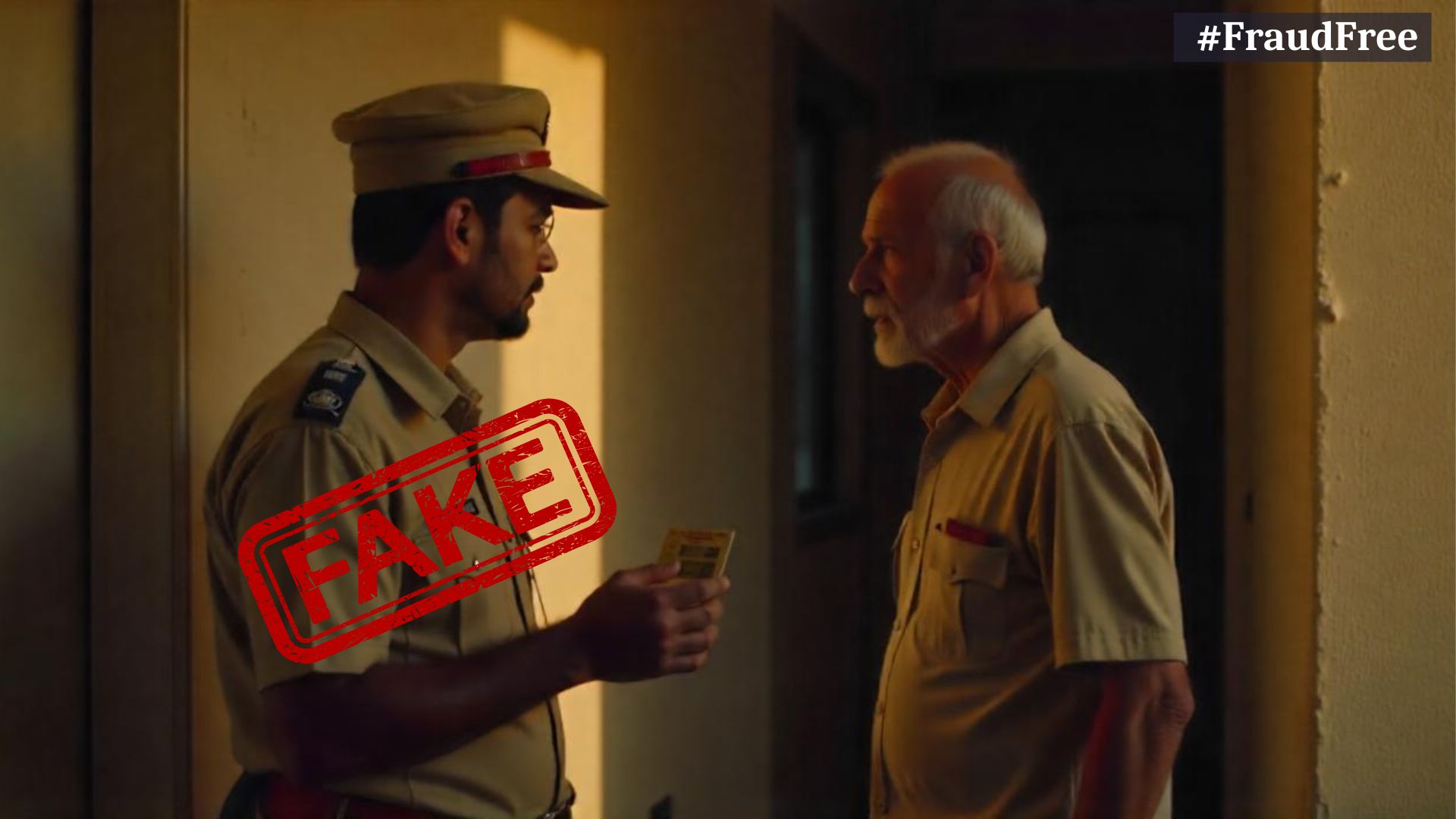
A person in a uniform asks to see your passport or claims you have committed a minor violation. Then comes the demand for an on-the-spot fine. If this happens, stay calm, ask to see official ID, and suggest visiting the nearest police station before handing over any money.
7. The Booking Website with a Twist
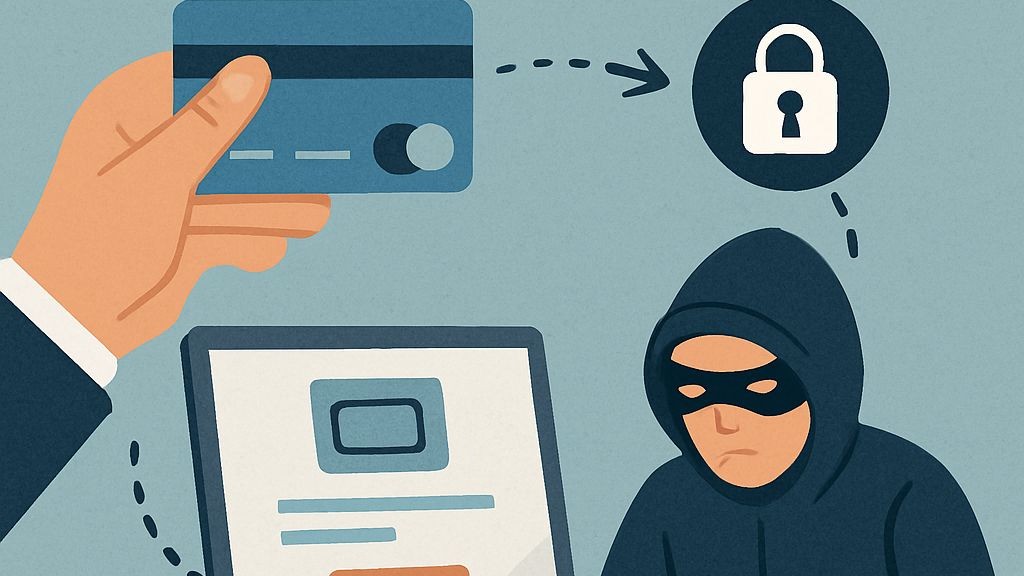
Some websites mimic the look of legitimate hotel or tour booking platforms, offering tempting prices. Hidden charges or fraudulent reservations follow. Always double-check the website URL, read reviews, and use trusted payment methods to ensure your bookings are safe.
8. Currency Exchange Confusion

Street money changers can seem convenient but often use sleight of hand or tricky conversions to shortchange tourists. Stick to authorised exchange counters or banks, and always count your money before leaving the counter.
9. The Reroute Lie
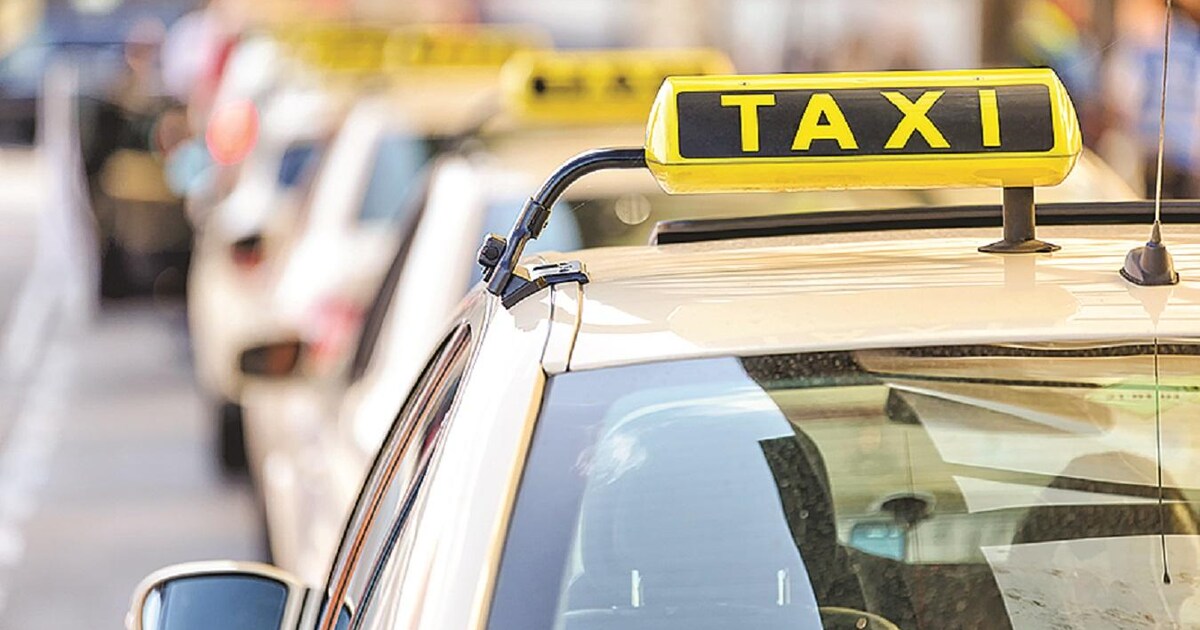
Your taxi driver says the hotel is shut down or the attraction is closed for renovation, then offers to take you to a better place. That better place usually belongs to someone they know, and the prices are inflated. Always verify such claims yourself, use Google Maps to track your route, and trust only bookings from official apps or websites.
Scams may vary from place to place, but awareness is your best shield. Trust your instincts, keep your plans clear, and when in doubt, ask your hotel or use reliable digital resources. With a little caution, you can explore without the stress.
For more smart travel tips, staycations, and budget hacks, follow Travel Moves on Instagram and Facebook.




